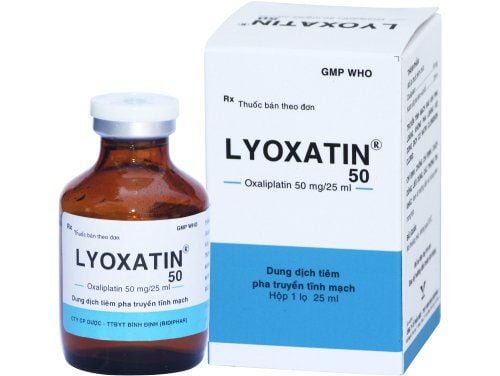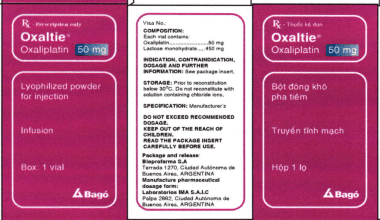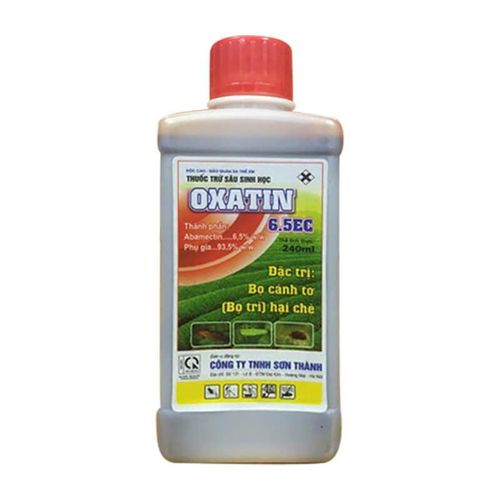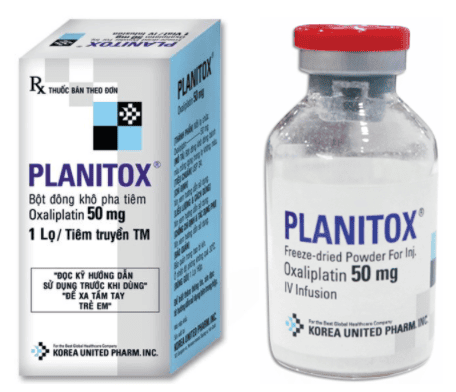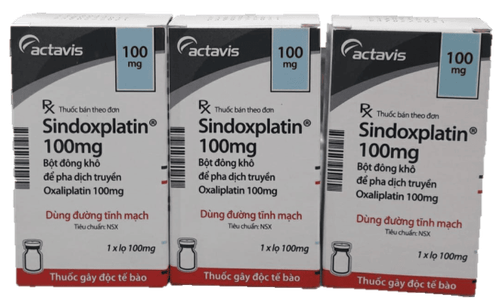This is an automatically translated article.
The article is professionally consulted by Master, Doctor Vu Huy Binh - Department of Medical Examination & Internal Medicine - Vinmec Hai Phong International General Hospital. Doctor has 09 years of experience in the field of Gastrointestinal Endoscopy.Peutz-Jeghers syndrome is an inherited condition characterized by noncancerous growths called hamartomatous polyps in the digestive tract (especially the stomach and intestines) and an increased risk of developing certain types of cancer.
1. What is Peutz-Jeghers syndrome?
Peutz-Jeghers syndrome (PJS) is an inherited condition that puts people at increased risk of developing polyps in the digestive tract as well as cancers of the breast, colon and rectum, pancreas, stomach, testicles, ovaries, lungs, cervix, and others.Without proper medical control, the lifetime risk of cancer in people with PJS can be as high as 93%. Hamartoma is a growth of normal-appearing tissue that accumulates into a benign (non-cancerous) tumor. In PJS, hamartomatous polyps typically develop in the small and large intestines, and they can cause bleeding or other problems, such as an intestinal blockage.
2. What causes Peutz-Jeghers syndrome?
Mutations in the STK11 gene (also known as LKB1) on chromosome 19 are responsible for most cases of Peutz-Jeghers syndrome. Usually children receive the mutated gene from one parent. However, there are also cases of normal parents, the child is the first generation to have a gene mutation and can pass it on to the next generation.STK11 gene is a tumor suppressor gene, which means it usually stops cells from growing and dividing too quickly or in an uncontrolled way. Mutations in this gene alter the structure or function of the STK11 protein, disrupting its ability to limit cell division. Uncontrolled cell growth leads to the formation of noncancerous polyps and cancerous tumors in people with Peutz-Jeghers syndrome.
3. Manifestations and diagnosis of Peutz-Jeghers syndrome?
3.1. Manifestations of Peutz-Jeghers . syndrome
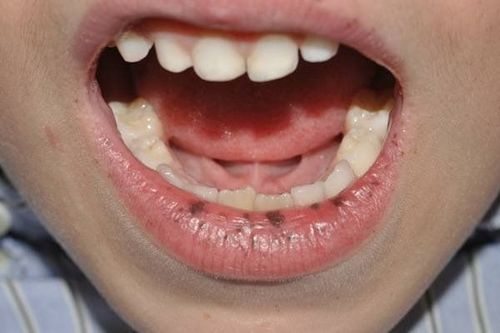
Hamartoma polyps: Usually found in the small intestine, sometimes appearing in the large intestine, stomach. Polyps usually grow in infancy and can cause bleeding (bloody stools). This polyp rarely turns cancerous. Freckles: very characteristic (around the lips, in the mouth, on the hands, feet, eyelids). Appears when children are young, may fade in color during puberty. These spots are completely harmless. Skin may be darker. Digestive disorders: diarrhea, constipation, cramping abdominal pain, fluctuating - bloating, weight loss (due to poor absorption of food), anemia (with bleeding from polyps), vomiting, possible puberty Soon. Boys may have enlarged breasts. Danger: intermittent abdominal pain, vomiting leading to intussusception (because polyps disrupt intestinal motility, the loops overlap).
3.2. Diagnosis of Peutz-Jeghers syndrome
The average age when digestive symptoms appeared was 10 years old. A patient with at least 2 of the following features may be considered to have PJS:At least 2 Peutz-Jeghers type hamartomatous polyps in the small intestine Characteristic freckles of the mouth, lips, fingers or toes At least 1 relative diagnosed with PJS Patients who meet these criteria are recommended genetic testing to look for an inherited mutation in the STK11 gene.
4. What is the estimated cancer risk associated with Peutz-Jeghers syndrome by type?
Not everyone with PJS gets cancer. PJS only increases the risk of cancer higher than the general population. Below is the cancer risk by specific PJS Type:Breast cancer: 45-50% Colorectal cancer: 39% Pancreatic cancer: 11-36% Stomach cancer: 29% Ovarian: 18-21% Lung cancer: 15-17% Small bowel cancer: 13% Cervical adenocarcinoma: 10% Uterine cancer: 9% Testicular cancer: 1%.
5. How to screen for peutz jeghers syndrome?
For early detection and treatment to avoid the risk of cancer, we need to screen and closely monitor people with Peutz-Jeghers syndrome as follows: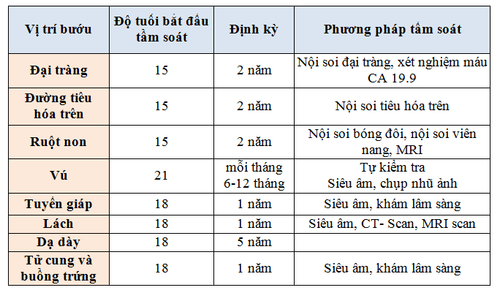
Please dial HOTLINE for more information or register for an appointment HERE. Download MyVinmec app to make appointments faster and to manage your bookings easily.





